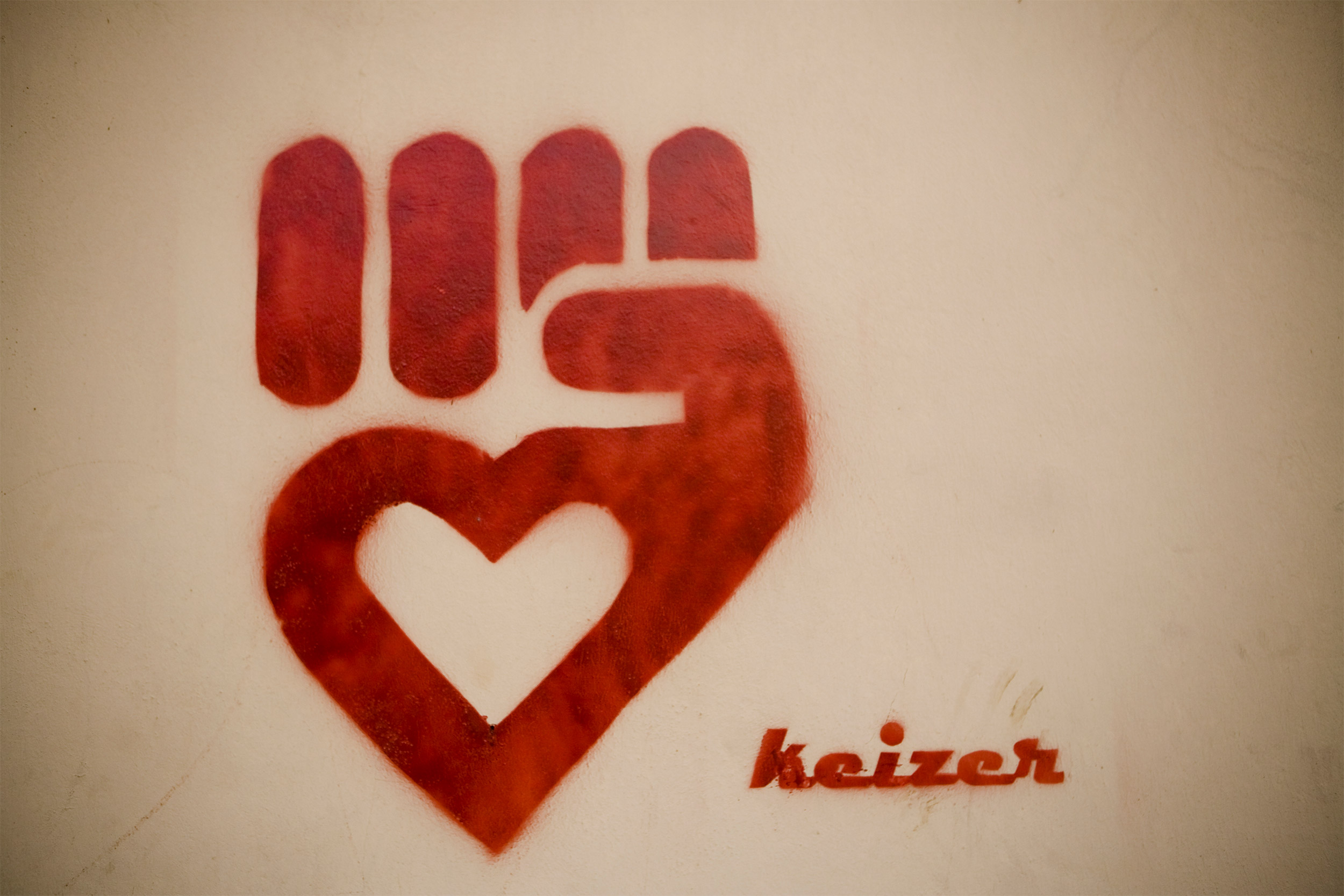Erica Chenoweth initially thought that only violent protests were effective. However after analyzing 323 movements the results were opposite of what Erica thought:
For the next two years, Chenoweth and Stephan collected data on all violent and nonviolent campaigns from 1900 to 2006 that resulted in the overthrow of a government or in territorial liberation. They created a data set of 323 mass actions. Chenoweth analyzed nearly 160 variables related to success criteria, participant categories, state capacity, and more. The results turned her earlier paradigm on its head — in the aggregate, nonviolent civil resistance was far more effective in producing change.
If campaigns allow their repression to throw the movement into total disarray or they use it as a pretext to militarize their campaign, then they’re essentially co-signing what the regime wants — for the resisters to play on its own playing field. And they’re probably going to get totally crushed.



The conclusions are more nuanced than the headlines. Her data shows that violent and non-violent methods often work in tandem. It tends to be different factions of the same movement using different methods, and they tend not to like each other. The more violent faction says the peaceful faction is naive, while the peaceful faction finds violent methods unconscionable.
More people will tend to join the peaceful faction, perhaps because it’s easier to join the side that isn’t asking morally gray things of them. However, the violent side plays a more direct role in undermining the system of oppression.
Does it? I read the whole interview in the OP post and it does not seem like this would be the opinion of the researcher:
How do you justify the claim that her data shows the usefulness of violent civil resistance campaigns?
I read a bit of the book. There’s some framing around it by the authors and popular press that I don’t think quite matches up with the data. In the end, it is true that movements that are predominantly nonviolent tend to win more often, but there is often a violent element that plays a role.
(Apologies for any mistakes in my transcription from the book.)
To quote it:
Which sounds like nonviolent campaigns win, right? Reading on shows it’s not quite that simple.
Later in the chapter:
Classifying any given movement as strictly nonviolent would not have worked. The data is too messy for that.
Even the definition of success is tricky:
In fact, they classify basically all resistance (nonviolent or violent) to the Nazi regime as a failure. There are a few exceptions, such as the Rosenstrasse Protest. However, the Nazis fell predominantly due to the actions of the armies of other nation states, not the local resistance groups (though they certainly played a role in helping, such as funneling intelligence to the Allies).
Thanks for taking the time to go through that. These quotes show difficulty disambiguating violent vs nonviolent movements and their outcomes in the data, but I’d say that doesn’t quite justify your implied claim that the data points to violent civil resistance methods as successfully “play[ing] a more direct role in undermining the system of oppression.”
So effectively, what How to Blow Up a Pipeline has been proposing.
Pretty much what all anarchist theory has been proposing, at least when it comes to revolutionary action.
I suppose that’s more sabotage than actual violence.
This is about what I expected of a study like this.
yeah, there has to be an “…or else” component
So… Saw Gerrera versus the Rebel Alliance.
The rebels were just better functioning and more democratic. Saw was an idealistic lunatic. The rebels were idealistic prgamatists, mostly.
I dunno Count Dooku was kinda cooking until the states theocratic gestapo stopped him
Eh, it’s a fun meme, but the whole thing was Palps playing both sides. Even Dooku was just a patsy in the end.
Now, Mon Mothma did go on to setup the New Republic in both canon and Legends. Neither version really worked out. Say what you will about Saw Gerrera, but he did recognize that the Republic wouldn’t have fallen if it governed well in the first place, and going back to that was a mistake.